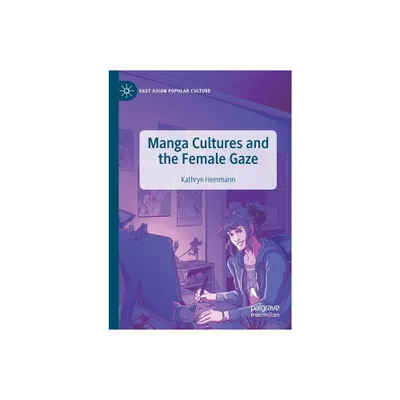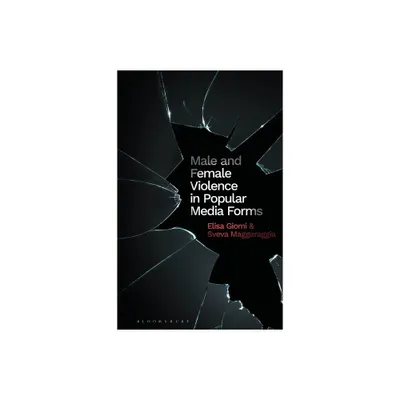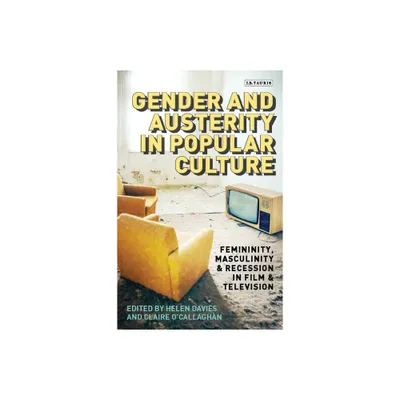Home
Feel-Bad Postfeminism: Impasse, Resilience and Female Subjectivity Popular Culture
Loading Inventory...
Barnes and Noble
Feel-Bad Postfeminism: Impasse, Resilience and Female Subjectivity Popular Culture
Current price: $120.00


Barnes and Noble
Feel-Bad Postfeminism: Impasse, Resilience and Female Subjectivity Popular Culture
Current price: $120.00
Loading Inventory...
Size: Hardcover
*Product Information may vary - to confirm product availability, pricing, and additional information please contact Barnes and Noble
In
Feel-Bad Postfeminism
, Catherine McDermott provides crucial insight into what growing up during empowerment postfeminism feels like, and outlines the continuing postfeminist legacy of resilience in girlhood coming-of-age narratives.
McDermott's analysis of
Gone Girl
(2012),
Girls
(2012–2017) and
Appropriate Behaviou
r (2012) illuminates a major cultural turban in which the pleasures of postfeminist empowerment curdle into a profound sense of rage and resentment. By contrast, close examination of
The Hunger Game
s (2008–2010),
Girlhood
(2014) and
Catch Me Daddy
(2014) reveals that contemporary genres are increasingly constructing girls as uniquely capable of resiliently overcoming and adapting to unforgiving social conditions.
She develops an affective vocabulary to better understand contemporary modes of defiant, transformative and relational resilience, as well as a framework through which to expand on further modes that are specific to the genres they emerge within. Overall, the book suggests that exploration of the affective dimensions of girls' and women's culture can offer new insights into how coming-of-age, girlhood and femininity are culturally produced in the aftermath of postfeminism.
Feel-Bad Postfeminism
, Catherine McDermott provides crucial insight into what growing up during empowerment postfeminism feels like, and outlines the continuing postfeminist legacy of resilience in girlhood coming-of-age narratives.
McDermott's analysis of
Gone Girl
(2012),
Girls
(2012–2017) and
Appropriate Behaviou
r (2012) illuminates a major cultural turban in which the pleasures of postfeminist empowerment curdle into a profound sense of rage and resentment. By contrast, close examination of
The Hunger Game
s (2008–2010),
Girlhood
(2014) and
Catch Me Daddy
(2014) reveals that contemporary genres are increasingly constructing girls as uniquely capable of resiliently overcoming and adapting to unforgiving social conditions.
She develops an affective vocabulary to better understand contemporary modes of defiant, transformative and relational resilience, as well as a framework through which to expand on further modes that are specific to the genres they emerge within. Overall, the book suggests that exploration of the affective dimensions of girls' and women's culture can offer new insights into how coming-of-age, girlhood and femininity are culturally produced in the aftermath of postfeminism.


















